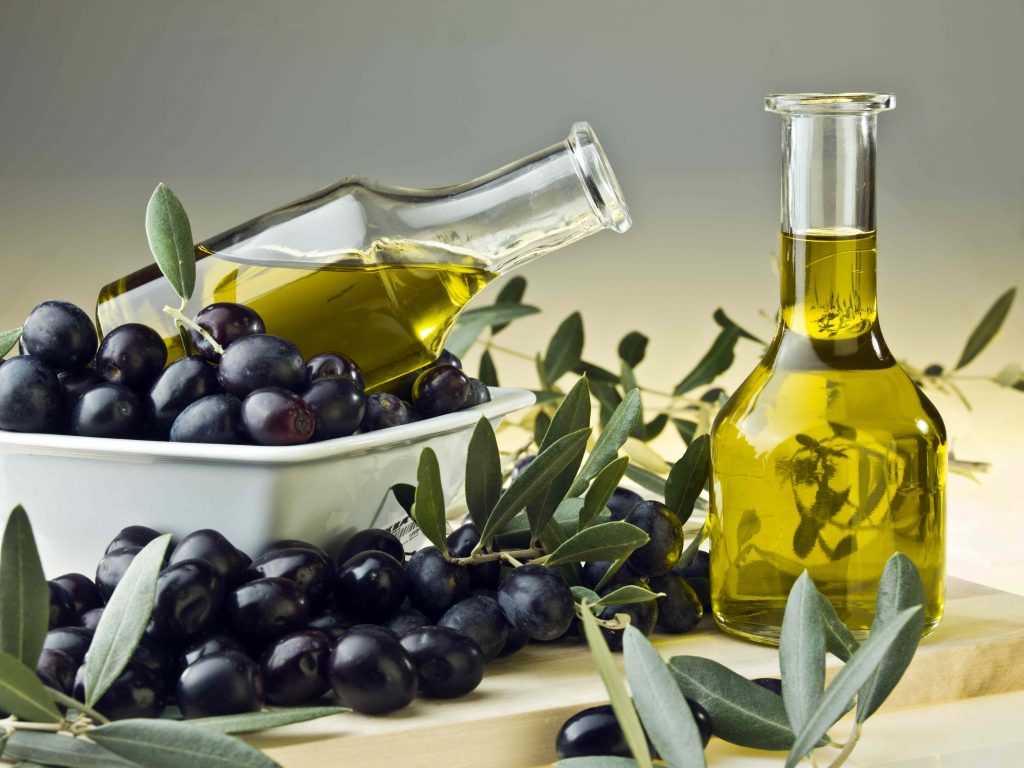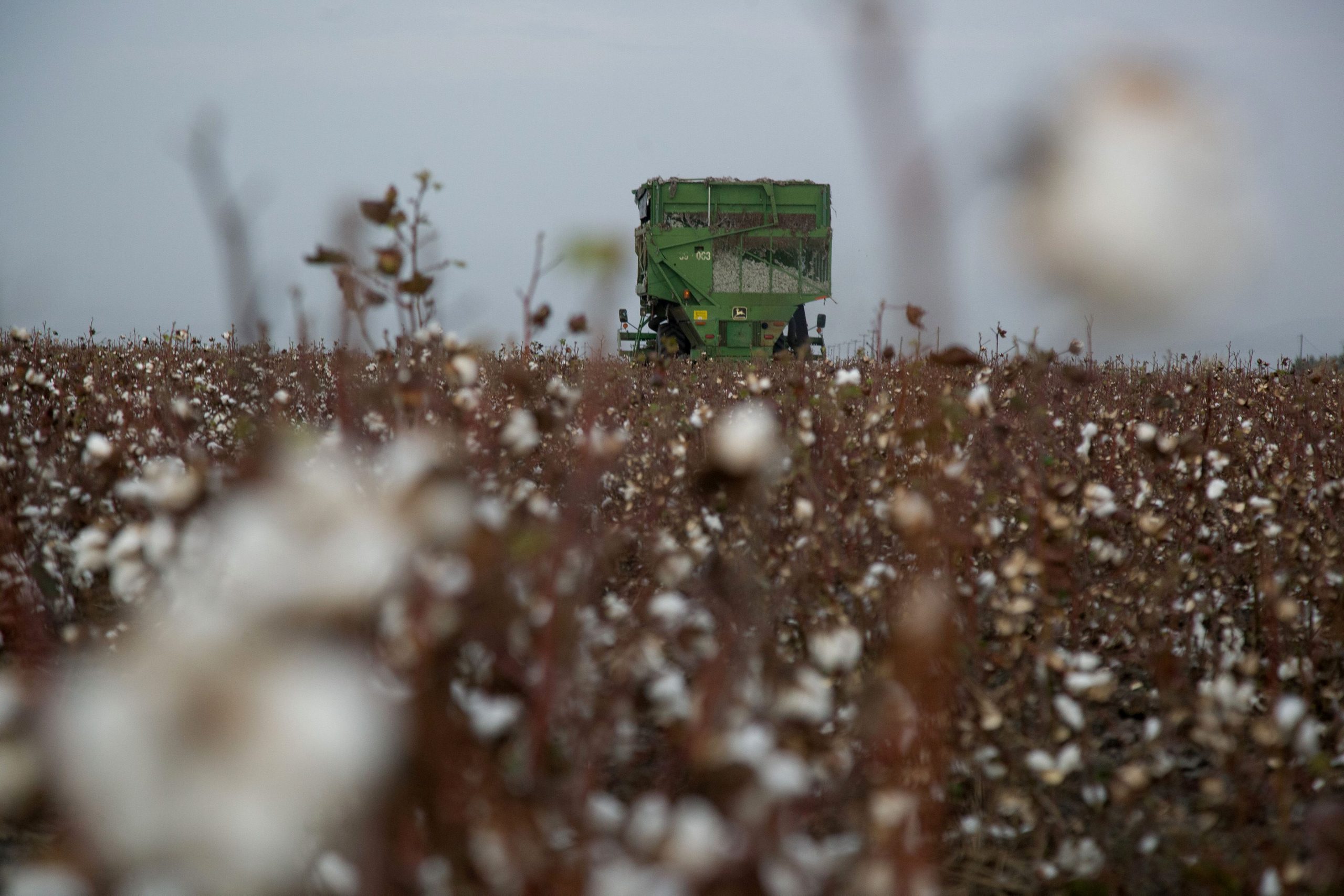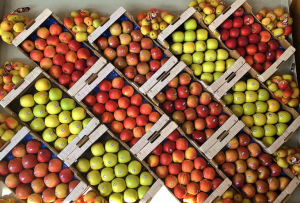Extreme weather conditions including repeated heatwaves and devastating floods last year took a toll on Greek cotton production which dropped by 30% overall and by 40% in the impacted regions of Thessaly and Fthiotida in central Greece.
The data was presented during the 4th National Cotton Conference which opened in Thessaloniki on Wednesday by the president of the Interprofessional Cotton Organization, Efthymios Fotinos, who said that actions were needed particularly since cotton was the third leading export in Greece.
Fotinos went on to add that a national strategy on cotton was of utmost importance “now more than ever” in view of changing climate conditions.
In this direction, he said the strategy should include tax cuts and deductions, climate crisis subsidies, the integration of new extreme weather warning technologies, incentives for the use of alternative sources of energy, the extension of crop areas, and the replacement of farming equipment.
There are currently 120 varieties of cotton cultivated in Greece by some 45,000 cotton producers.
Other key takeaways of the conference include:
– the need to identify the most resilient crops that require the least amount of water particularly in view of rising temperatures
– actions to incorporate cotton into the development of other products
– the need to update the EU’s common agricultural policy so that a percentage of resources be channeled into climate-induced disasters.










